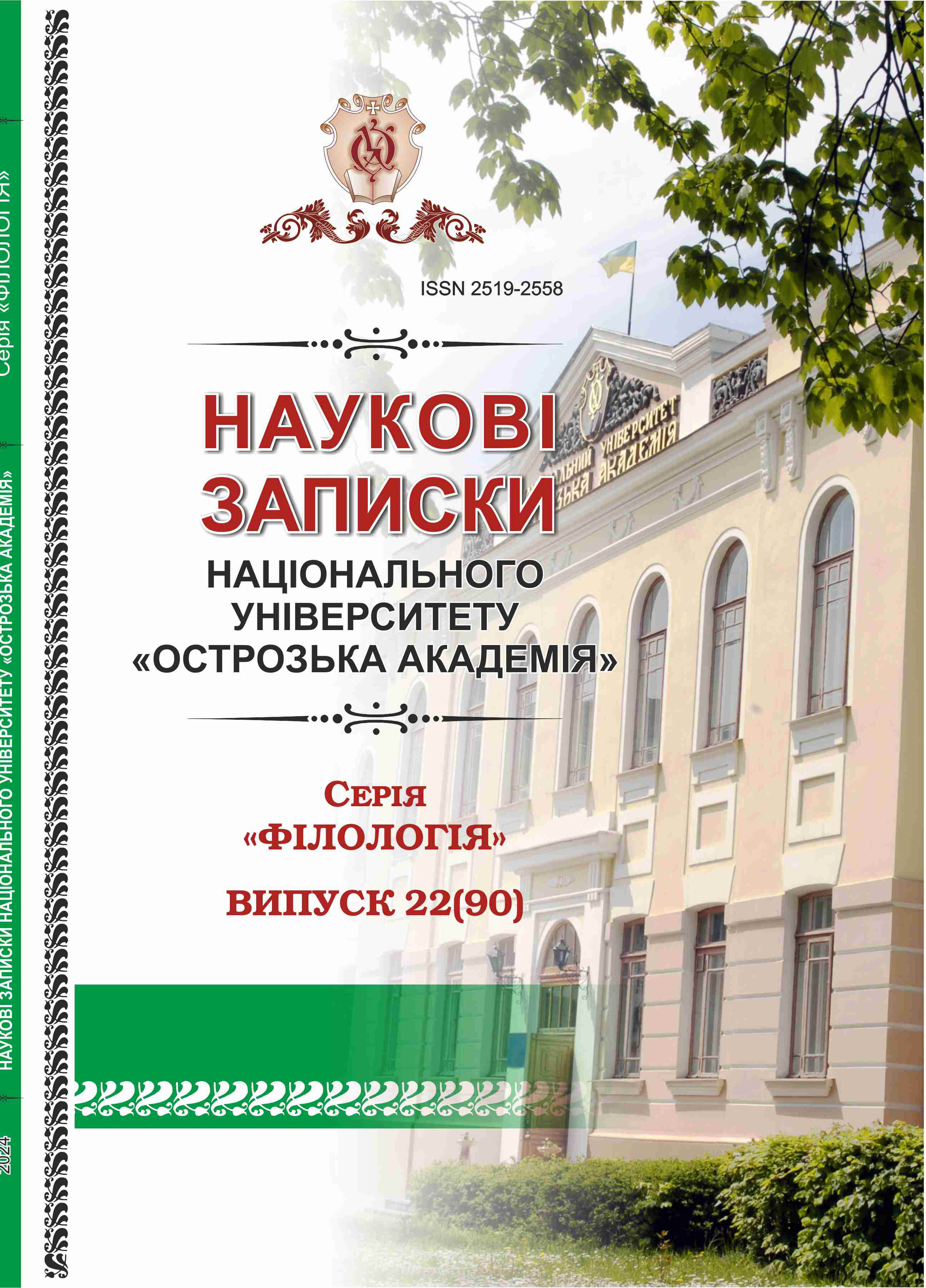INTERACTION OF LANGUAGE AND CULTURE IN FOREIGN LANGUAGE CLASSES (FROM EXPERIENCE OF TEACHING GERMAN LANGUAGE)
Keywords:
learning a foreign language, intercultural communication, differences in cultures, language as part of the culture of a nation, mutual enrichment of culturesAbstract
This article talks about some aspects of the interaction of language and culture in teaching a foreign language (from the experience of teaching German), and about the current problem of intercultural communication in modern society. Proficiency in a foreign language is one of the important factors in both socio-economic and general cultural development of society. It is substantiated that learning a foreign language should be approached not as a collection of rules and vocabulary, but as a “living” means of communication with other people. It is shown that fluency in a foreign language can be achieved not only through knowledge of grammar, vocabulary, and translation skills, but also through knowledge of a foreign culture. Particular attention is paid to the issue that language is a tool of intercultural communication, and is closely related to the national and cultural characteristics of the society in which it functions. Difficulties that may appear when using language teaching methods are named. For example, in connection with intercultural communication, difficulties arise with the lexical and phraseological compatibility of words, etc. It is pointed out that the problem of intercultural communication in teaching foreign languages has existed for a long time, but linguists have approached its close study only recently. It is explained that to implement intercultural communication, excellent command of a foreign language is necessary, which is achieved only through comprehensive training in all types of speech activities: writing, reading, listening and speaking. It is emphasized that teaching a foreign language to students of a technical university, taking into account the principle of dialogue of cultures, is a complex process that requires a foreign language teacher to constantly interact with the materials of specialized disciplines in order to develop students’ language skills in the chosen specialty, necessary for professional communication. It is explained that for the successful implementation of the principle of intercultural communication in foreign language classes, it is necessary to use both educational materials according to the training program and interactive forms and teaching methods. They allow students to broaden their horizons and comprehend the values of a foreign culture, which can contribute to a better understanding of their national identity, and the formation of patriotism, as well as respect for the culture of the country of the language being studied.
The article may be interesting and useful for foreign language teachers and linguists.

